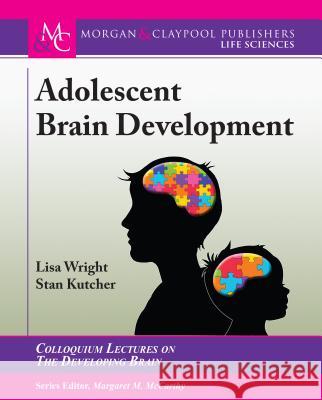Adolescent Brain Development » książka
Adolescent Brain Development
ISBN-13: 9781615046423 / Angielski / Miękka / 2016 / 104 str.
Humans have a very prolonged period of postnatal development. Many believe that development is essentially complete by adulthood; however, this is not the case. Extensive developmental events occur within the brain during adolescence, and some of these do not reach completion until the fourth decade of life, especially within regions of the brain that play an important role in cognitive functioning and cognitive-emotional integration, such as the prefrontal cortex. The realization that our brains continue to change their functional capacity up into the thirties has many important implications related to health, education, and legal policies. Furthermore, this notion should be incorporated into research in the rapidly expanding field of epigenetics, which aims to examine the gene-environment interaction in developing individuals and the mechanisms by which environmental factors can steer developmental processes toward specific outcomes. Here, we will review what is known about adolescent/young adult brain development and examine how it relates to ongoing behavioral changes. Additionally, we will attempt to identify factors that make an individual more vulnerable or resistant to developing psychological disorders. Finally, we will discuss innovative mental health treatment strategies that are being developed to increase adolescent resilience, and we will suggest ways to promote adolescent/young adult resilience in the community.











